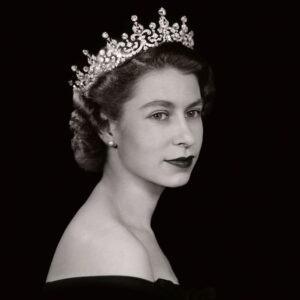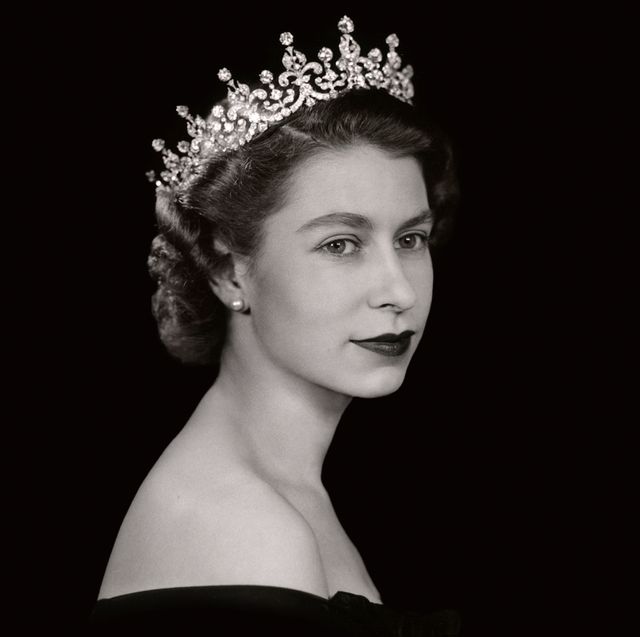
It was a hot summer day in London, the day of my naturalization. I trekked down to the registrar office in Wimbledon with a few friends, including the two that had sponsored me for citizenship. It didn’t take long for the formalities, considering I’d paid the extra fee for the private ceremony. I was the only one to be sworn in.
“Do you swear allegiance to the Queen, all her heirs and all her successors?” the officiant asked.
“I do.”
And it was done. I was officially a dual citizen.
Then the officiant pressed a button, and the music to “God Save the Queen” boomed through the office. My guests all stood up abruptly at attention as if on cue. We sang loudly and somewhat awkwardly to a large cardboard cutout of Queen Elizabeth that stood in the office. I have to admit I thought that was a bit weird. But over time I’ve noticed the amazing quality that Elizabeth had to inspire reverence, even in the most unlikely of subjects.
Americans have often had a strange fascination with the British monarchy. We may view the concept as outdated and irrelevant, but then flock to the gossip that surrounds sagas like Charles and Diana, Harry and Megan and the antics of Prince Andrew. And yet, in the background, beyond the chaos and the drama, silently running for seventy years, was Queen Elizabeth. There are many now that will write about her life as a way of honoring her, I don’t profess to know much about her.
But I am intimately acquainted with her legacy. And that’s the interesting thing about great leaders. They leave one.
great leaders know who they are
These are questions I often ask when I’m facilitating a leadership development course. Simple questions on the surface, but usually the most difficult to answer. We’re often so caught up in the minutiae of the day, we don’t take the time to reflect:
- Who am I?
- What kind of leader do I want to be?
- What are my values?
- What is my mission and purpose in life?
- How do I want others to experience me?
- What legacy will I leave?
I think Queen Elizabeth knew the answer to these questions. And as a result, she showed up, year after year, with a stoic calmness, a beauty, a grace, a clear sense of duty, that was invaluable to her subjects in times of trouble.
and more importantly, they know who they’re not
A great leader brings people together in times of hardship, in times of stress, in times of confusion and conflict. They’re able to do this not because they have some sort of magic formula that will make everything all right. There is no such thing no matter how many leadership books you read or Ted Talks you watch that process to have the perfect pill. Great leaders can do it because they’re grounded in their own sense of self-worth. They know who they are and more importantly in the vein of true humility, they know who they aren’t. And they know deep down that what they bring may not be everything, but what they bring is enough. They’re not consumed by a need to prove their worth or prove they deserve a seat at the table. They lead not from a place of doing or proving, but a place of being.
There’s such security in life when we’re grounded in who we are. People felt that calmness and safety in Queen Elizabeth’s leadership. I don’t personally think that had anything to do with the weight of the crown on her head. It had everything to do with how much she was in touch with her own heart, her own spirit, and her own sense of self.
Coaching Questions for Thought:
- Who am I?
- What kind of leader do I want to be?
- What are my values?
- What is my mission and purpose in life?
- How do I want others to experience me?
- What legacy will I leave?
Shelley Pernot is a leadership and career coach who is passionate about helping her clients discover their strengths and talents and find a career that utilizes them. Reach out to me here for a free consultation to learn more about the coaching process and how it may benefit you!
I’ve recently been featured in Feedspots top 50 career coaching blogs. Check out what other career coaching experts have to say here!

